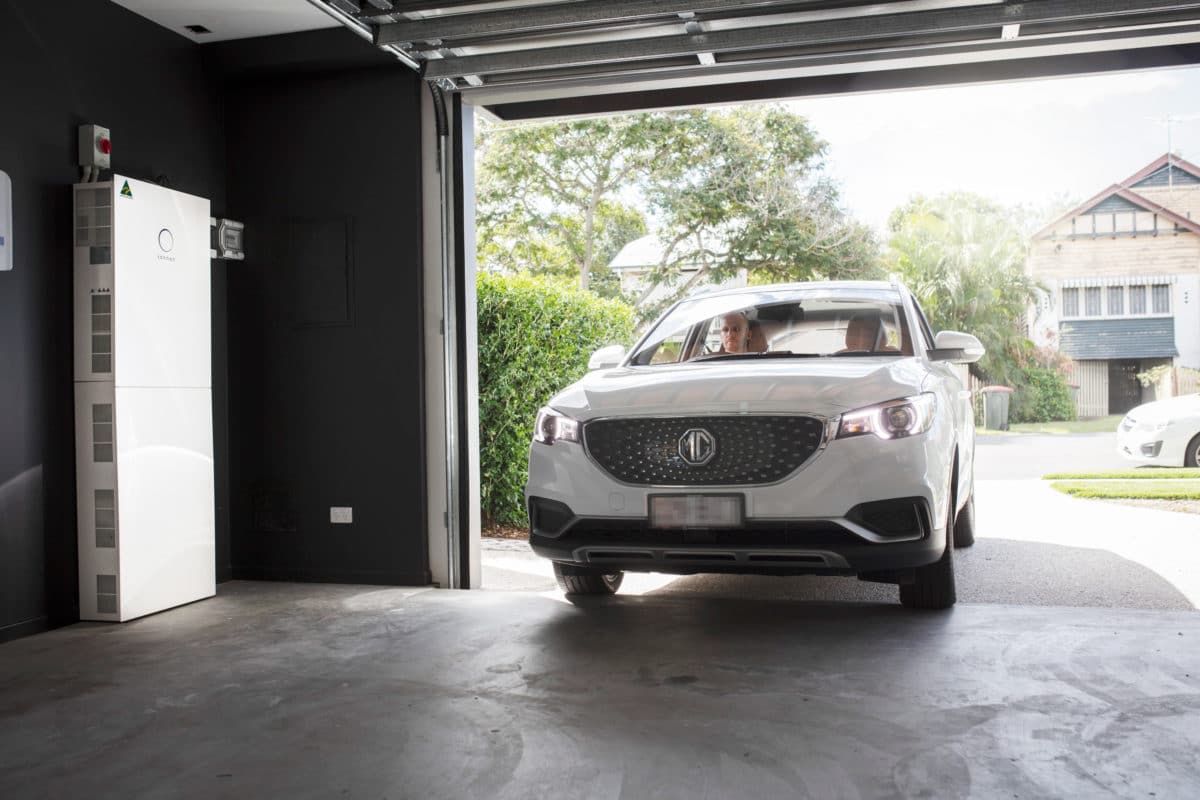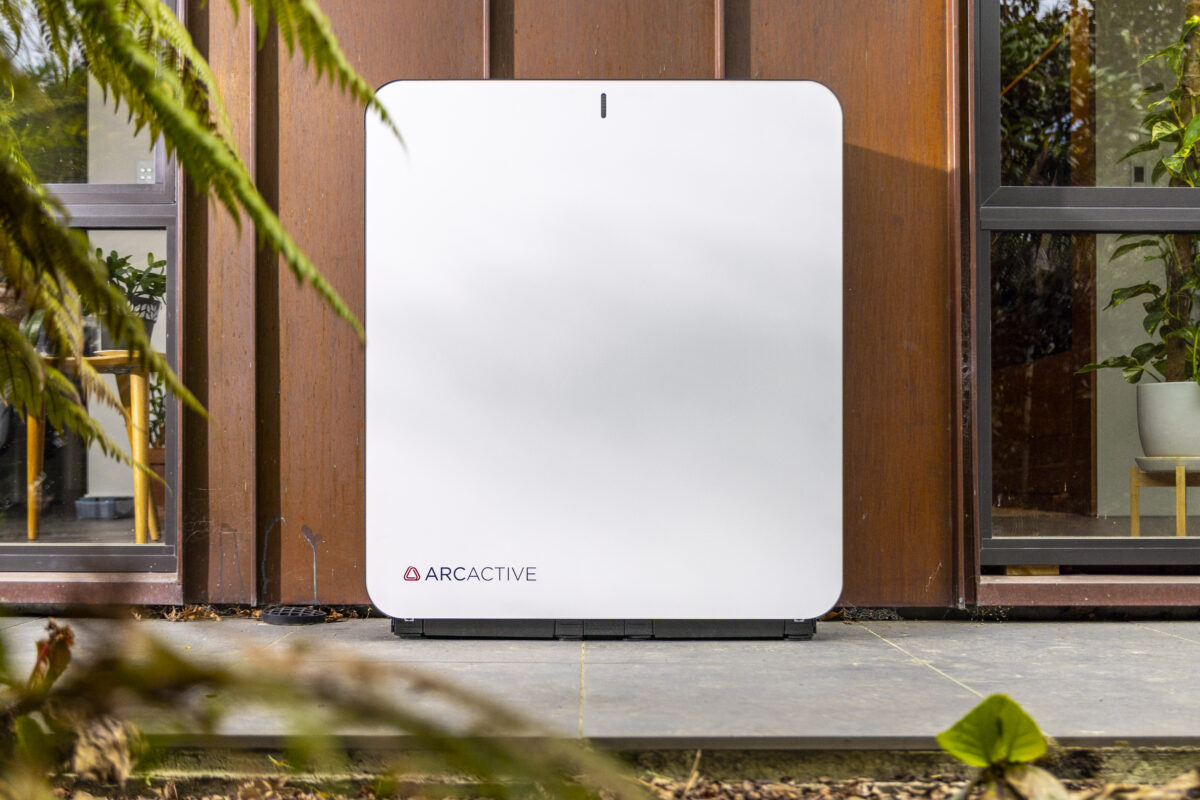Australia’s latest electric vehicle policy makes me wince, especially when you consider some of the alternatives that came out of the COP26 conference.
Yes, Australia is installing chargers across the country. And yes, various state governments have also put in place some incentives for purchasing an EV. But Australia is one the few remaining developed countries without a cohesive national EV strategy. Instead, we’re left with tokenistic policy announcements timed to placate the international community. Although they acknowledge the issue of emissions-free transport, they won’t drive real change. Others countries, such as Japan, France, Germany, and the UK, have pledged to ban the purchase of petrol cars by 2030 — a policy proposal that has done the rounds in Australia since 2019, but never gained traction. They are also incentivising the purchase, manufacturing and importation of EVs. Our laggardly approach is disappointing given we have a significant horse in this race — that is, Australia is globally one of the biggest users of cars per capita. We rank well above the UK, Japan and many other countries in this regard. Our only competitors are the US and a number of very small nations. Moreover, according to the Grattan Institute, Australia can’t reach net zero emissions by 2050 unless we ban petrol and diesel cars by at least 2035. It’s that simple. Australia has surged ahead on one point: How it will tax EVs when they are rolled out. That’s largely because EVs escape the fuel excises that governments have in place to pay for building and maintenance of the nation’s roads.
Other countries take the opposite position on taxing EVs: In the UK, for example, EVs currently are and will continue to be exempt from road taxes — which are pegged to CO2 emissions. EV drivers in the UK are, however, subject to congestion taxes. This may change in the future as EV adoption becomes mainstream, but given that we should be minimising barriers to adoption, lowering the cost of owning and running an EV is key.On the flip side, there has never been a greater demand for EVs. In the past few months, Carbar has doubled the total proportion of EVs in its fleet from 5 per cent to 10 per cent, in response to a dramatic shift in subscriber preference for EVs over petrol cars. By 2025, we anticipate that 1 in 3 requests for a car through our subscription service will be for an EV. But, as every founder/would-be disruptor knows, it’s difficult to grow this new segment of our business while the policy surrounding the sector remains uncertain and is becoming increasingly political. For instance, if other states follow Victoria’s lead and introduce a travel-based tax on EVs — charging for every kilometre travelled — it will add more complexity, admin and costs to an already complex industry. It will slow EV adoption, especially within subscription services.
The other pain point is that existing Federal Government support for EV adoption is myopic: it focuses on charging stations, but offers little in the way of incentivising availability of EVs in Australia. At a state level, grants are focused towards the purchase of an EV rather than alternative means of accessing them. A study by Boston Consulting Group found that by 2030, up to 15 per cent of US total new car sales will be through subscription. Evidence is also emerging that subscription services will play a key role in the broader adoption of EVs, allowing consumers access to an EV without needing the upfront capital to pay for one outright. We can turn a corner here if our Federal Government simply takes charge of this discussion and sets the agenda.
The views and opinions expressed in this article are the author’s own, and do not necessarily reflect those held by pv magazine.
This content is protected by copyright and may not be reused. If you want to cooperate with us and would like to reuse some of our content, please contact: editors@pv-magazine.com.








By submitting this form you agree to pv magazine using your data for the purposes of publishing your comment.
Your personal data will only be disclosed or otherwise transmitted to third parties for the purposes of spam filtering or if this is necessary for technical maintenance of the website. Any other transfer to third parties will not take place unless this is justified on the basis of applicable data protection regulations or if pv magazine is legally obliged to do so.
You may revoke this consent at any time with effect for the future, in which case your personal data will be deleted immediately. Otherwise, your data will be deleted if pv magazine has processed your request or the purpose of data storage is fulfilled.
Further information on data privacy can be found in our Data Protection Policy.